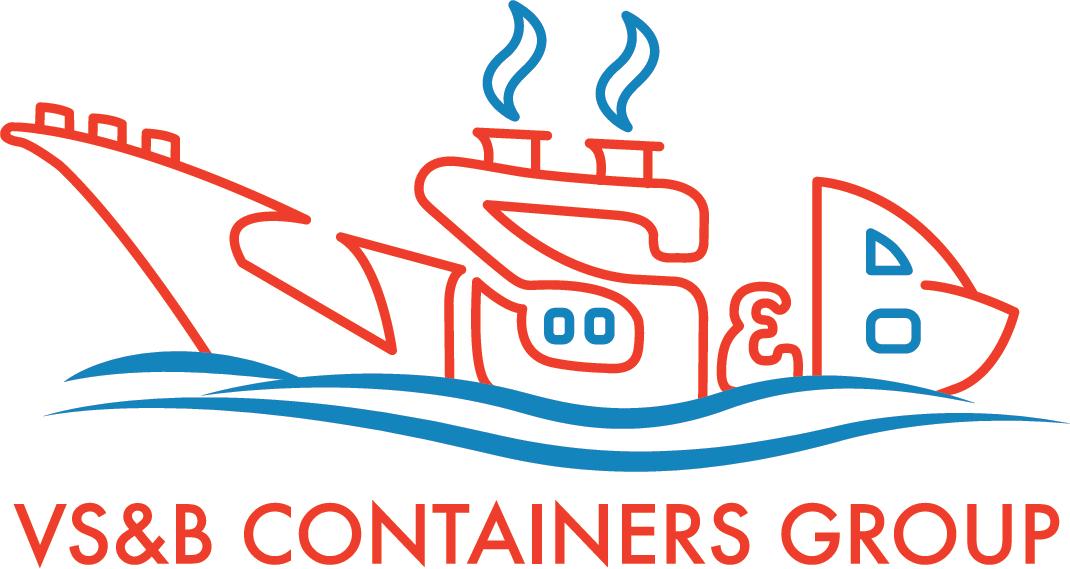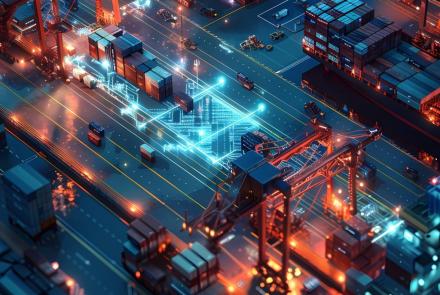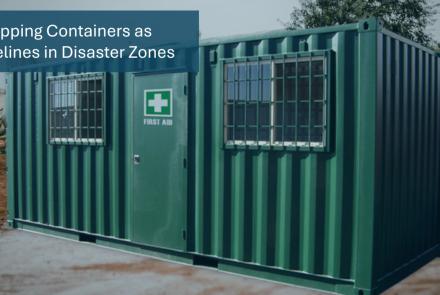Containerized Rail Freight: Key Benefits for Long-Haul Transportation

In the world of modern logistics, the efficient movement of goods across long distances is crucial to keeping the global economy on track. One method that has emerged as a vital player in the container shipping industry is containerized rail freight. This method combines the cost-efficiency, speed, and environmental benefits of rail transport with the flexibility and reliability of containerized shipping. In this blog, we will explore the key benefits of using containerized rail freight for long-haul transportation.
The Rise of Containerized Rail Freight
As the demand for faster and more efficient transportation grows, businesses are seeking alternatives to road transport, which can be impacted by traffic congestion, fuel costs, and emissions regulations. Rail freight offers a sustainable, scalable, and cost-effective solution, especially when paired with containerization. By using shipping containers on trains, cargo can be easily transferred between modes of transport, such as trucks and ships, making it an ideal choice for long-distance haulage.
Key Benefits of Containerized Rail Freight
- Cost-Efficiency
One of the most significant benefits of containerized rail freight is the cost savings it offers for long-haul transportation. Railways are inherently more fuel-efficient than trucks, consuming less energy per ton-mile. For companies looking to move large volumes of goods, rail freight provides a cost-effective alternative, especially for heavy or bulky cargo. Additionally, the reduced need for frequent refueling and fewer labor costs associated with rail transport can result in further savings for businesses.
- Environmental Sustainability
In today’s environmentally conscious world, businesses are placing a higher emphasis on reducing their carbon footprint. Rail freight produces significantly fewer greenhouse gas emissions compared to road transport, making it one of the greenest options for moving goods. According to industry estimates, rail transport generates 75% less CO2 than road freight per ton-mile. By integrating containerized rail into their supply chains, companies can contribute to environmental sustainability and align with the global push towards greener logistics.
- Increased Reliability and Speed
Rail transport is less affected by traffic congestion, weather conditions, and road regulations compared to trucking. For long-haul transportation, this reliability is a game-changer, as it ensures that goods are delivered on time, without the delays often encountered on busy highways. Furthermore, advancements in rail technology have improved the average speed of freight trains, allowing businesses to move containers across vast distances faster than ever before.
- Enhanced Security and Safety
Shipping containers, by design, offer a secure way to transport goods. When coupled with rail freight, the chances of cargo theft or damage are significantly reduced compared to road transport. Rail terminals and networks are often better regulated and monitored, enhancing the overall security of shipments. This makes containerized rail freight an ideal solution for valuable or sensitive goods that require extra protection during transit.
- Scalability for Large Volumes of Cargo
Rail transport is highly scalable, making it an excellent option for companies looking to move large volumes of goods. A single freight train can carry hundreds of containers, offering businesses an efficient way to transport bulk shipments. Additionally, the ability to stack containers on flatcars increases the capacity of each train, allowing for more cargo to be moved in a single trip. This scalability is particularly advantageous for industries dealing with large, heavy, or out-of-gauge cargo that may be difficult to transport via road.
- Multi-Modal Integration
One of the key strengths of containerized rail freight is its seamless integration with other forms of transportation, such as trucks and ships. This multi-modal approach allows for greater flexibility in logistics planning, as containers can be easily transferred from rail to road or port terminals without the need for repacking. This minimizes handling time and costs, while also ensuring a smooth flow of goods through different stages of the supply chain.
Applications of Containerized Rail Freight
The benefits of containerized rail freight are evident across various industries, including:
- Automotive: Transporting vehicle components or finished vehicles efficiently across long distances.
- Retail: Moving large volumes of consumer goods from manufacturers to distribution centers.
- Agriculture: Transporting bulk agricultural products like grains, fertilizers, and raw materials.
- Industrial Manufacturing: Handling heavy machinery, raw materials, and production equipment that require robust and secure transport solutions.
Containerized rail freight is quickly becoming a preferred solution for businesses looking to move goods over long distances in a cost-effective, reliable, and environmentally friendly way. By integrating rail into their logistics networks, companies can streamline their supply chains, reduce emissions, and save on operational costs. As the world continues to shift towards more sustainable logistics solutions, the importance of rail freight will only continue to grow.
For businesses in need of durable and efficient containers, VS&B Containers offers a wide range of container leasing and sales options tailored to meet your logistics needs. Whether you're in the market for standard containers, high-cube containers, or specialized containers, we've got you covered.
VS&B Containers group offers both standard and custom-made containers, delivered directly from the factory to your desired location. With a fleet of over 30,000 containers made available across Europe and Asia, the company helps customers get containers effortlessly from anywhere in the world. If you have unique needs in terms of affordability, adaptability, and potential return on investment, please drop an email to traders@vsnb.com, and the VS&B team will contact you to discuss further.
- Log in to post comments
